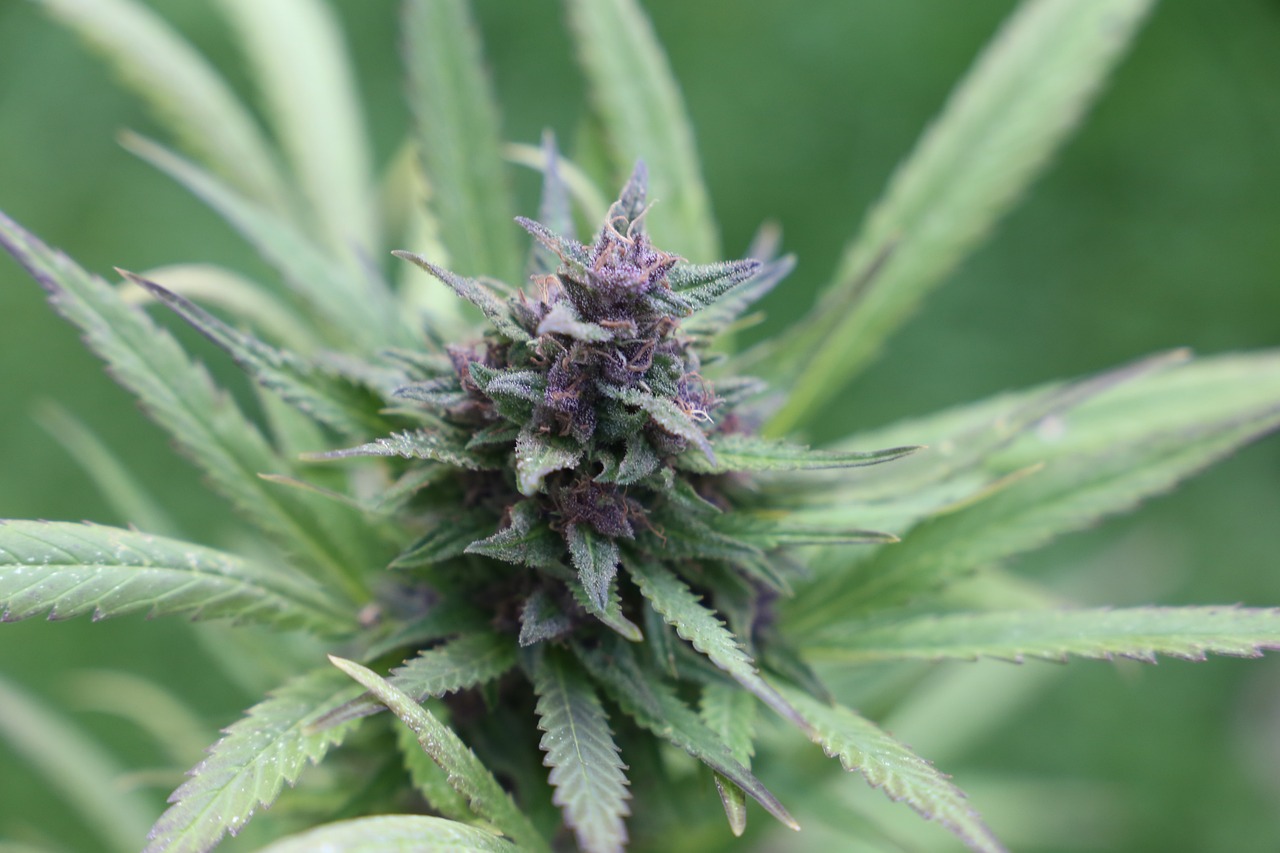In recent years, the cannabis industry has seen a surge in interest surrounding non-psychoactive compounds. Among these, THCA (tetrahydrocannabinolic acid) has emerged as a promising option for those seeking the therapeutic benefits of cannabis without the high. This article explores the advantages of THCa Flower for Pain Relief Medicine, its potential applications, and the science behind its effects.
Understanding THCA: The Basics
THCA is a cannabinoid found in raw and live cannabis plants. Unlike THC (tetrahydrocannabinol), which is known for its psychoactive properties, THCA does not produce a high. This is because THCA is the precursor to THC and only converts to THC when exposed to heat through a process called decarboxylation.
In its raw form, THCA offers a range of potential health benefits without the mind-altering effects associated with THC. This makes it an attractive option for individuals seeking relief from various conditions while maintaining mental clarity.
Potential Health Benefits of THCA
Research into THCA is still in its early stages, but preliminary studies and anecdotal evidence suggest several potential health benefits:
- Anti-inflammatory Properties: THCA has shown promise in reducing inflammation, which can be beneficial for conditions such as arthritis and inflammatory bowel disease.
- Neuroprotective Effects: Some studies indicate that THCA may help protect brain cells, potentially offering benefits for neurodegenerative diseases like Alzheimer’s and Parkinson’s.
- Anti-emetic Properties: THCA may help reduce nausea and vomiting, making it a potential option for individuals undergoing chemotherapy or dealing with chronic nausea.
- Appetite Stimulation: THCA has been reported to stimulate appetite, which can be helpful for those with eating disorders or conditions that cause appetite loss.
THCA vs. THC: Key Differences
While both THCA and THC originate from the same plant, their effects and applications differ significantly. Understanding these differences is crucial for consumers and healthcare providers alike.
- Psychoactivity: THC is well-known for its psychoactive effects, which can alter perception and mood. THCA, on the other hand, does not produce these effects, allowing users to experience relief without impairment.
- Legal Status: In many regions, THCA is legal where THC is not, as it does not produce a high. This makes THCA flower a viable option for those living in areas with strict cannabis regulations.
- Medical Applications: While both cannabinoids offer therapeutic benefits, THCA’s non-psychoactive nature makes it more suitable for individuals who need to maintain cognitive function while managing symptoms.
Case Studies and Real-World Applications
Several case studies highlight the potential of THCA in real-world applications. For instance, a study published in the “Journal of Clinical Psychopharmacology” explored the use of THCA in patients with epilepsy. The results indicated a reduction in seizure frequency, suggesting that THCA could be a valuable addition to epilepsy treatment regimens.
Another case involved a patient with chronic pain who found relief using THCA-rich cannabis products. The patient reported a significant decrease in pain levels without the cognitive side effects typically associated with THC.
How to Use THCA Flower
For those interested in exploring THCA flower, there are several methods of consumption:
- Raw Consumption: Consuming raw cannabis leaves or flowers in smoothies or salads can provide THCA without converting it to THC.
- Tinctures and Oils: THCA tinctures and oils offer a convenient way to incorporate this cannabinoid into your daily routine.
- Topicals: THCA-infused creams and balms can be applied directly to the skin for localized relief from pain and inflammation.
Scientific Insights and Future Research
The scientific community continues to explore the potential of THCA, with ongoing research aimed at understanding its mechanisms and applications. As more studies are conducted, the therapeutic potential of THCA is expected to become clearer, paving the way for new treatments and applications.
Researchers are particularly interested in THCA’s anti-inflammatory and neuroprotective properties, which could have significant implications for treating chronic conditions and neurodegenerative diseases.
Conclusion
THCA flower offers a promising alternative for those seeking the therapeutic benefits of cannabis without the psychoactive effects. With its potential anti-inflammatory, neuroprotective, and anti-emetic properties, THCA holds promise for a wide range of applications. As research continues to unfold, THCA may become an increasingly important component of cannabis-based therapies, providing relief and improving quality of life for many individuals.
